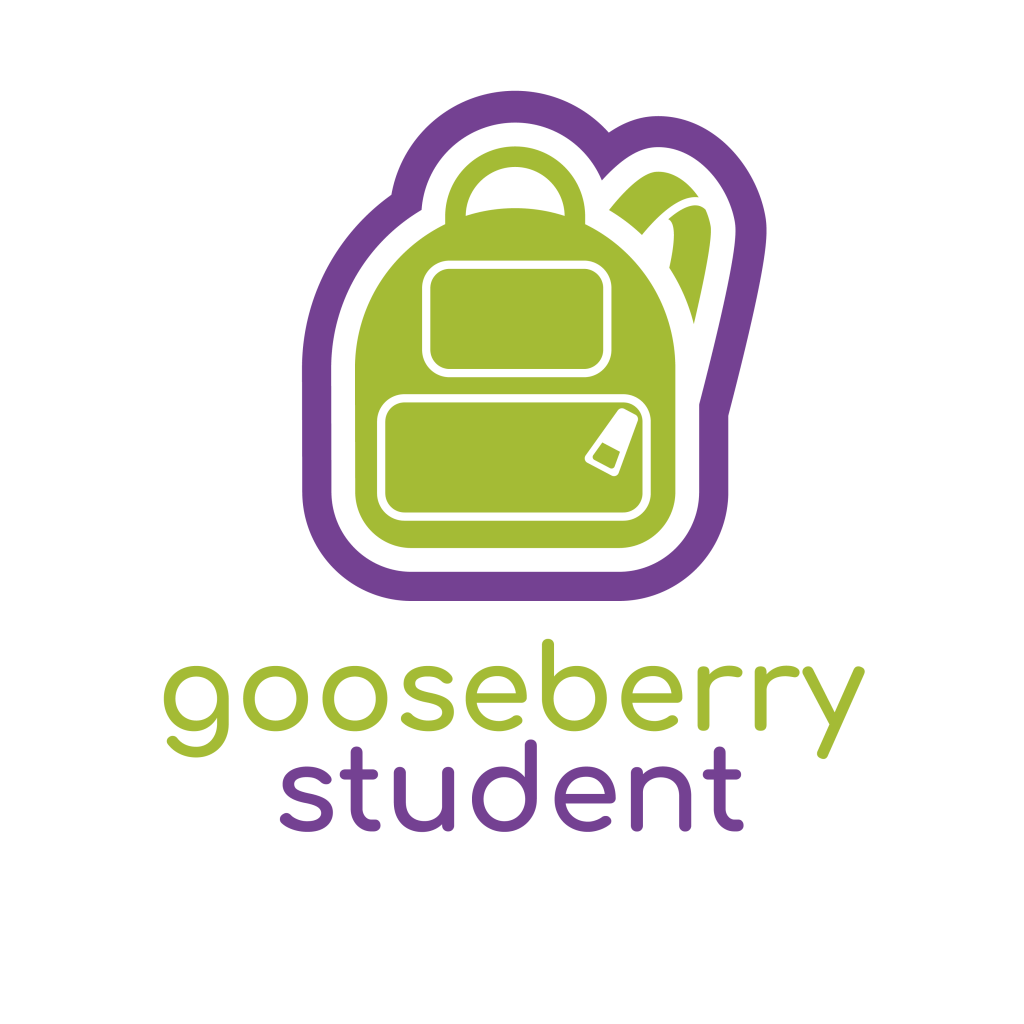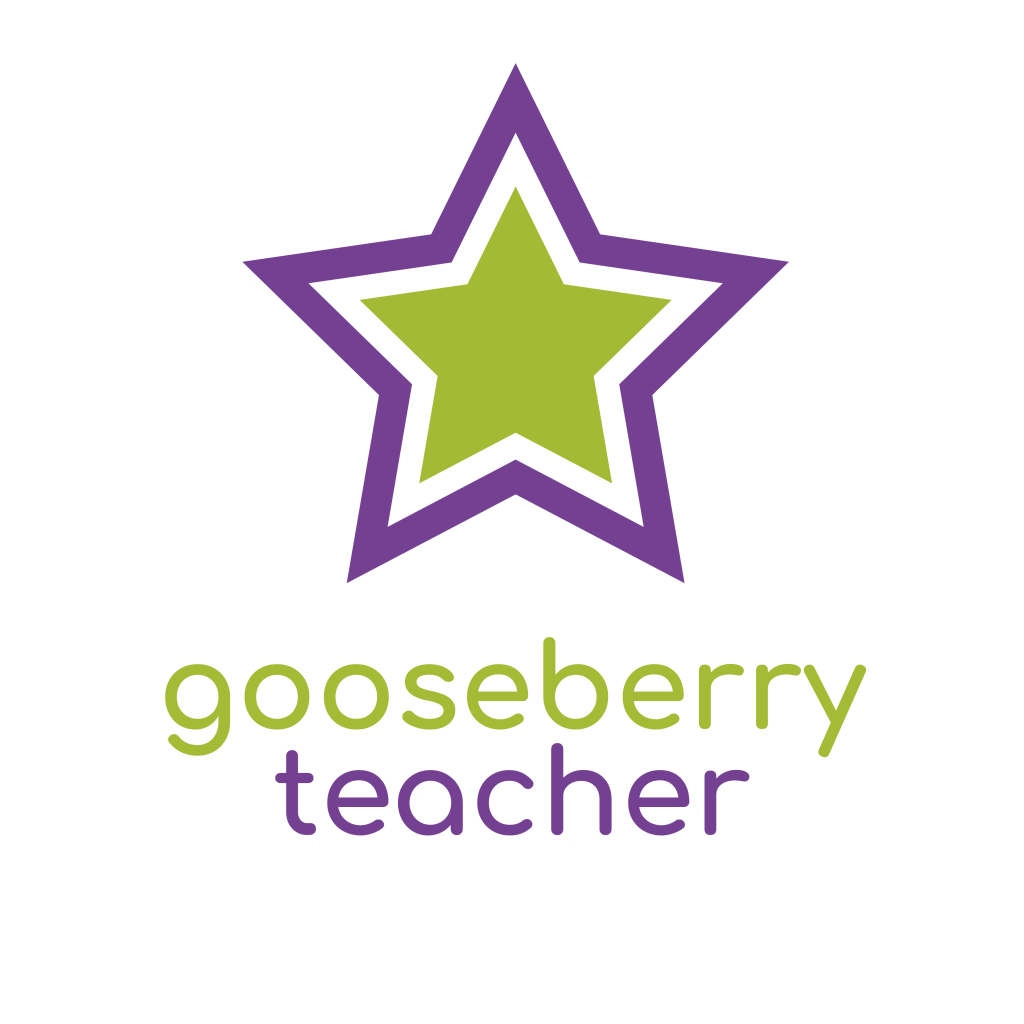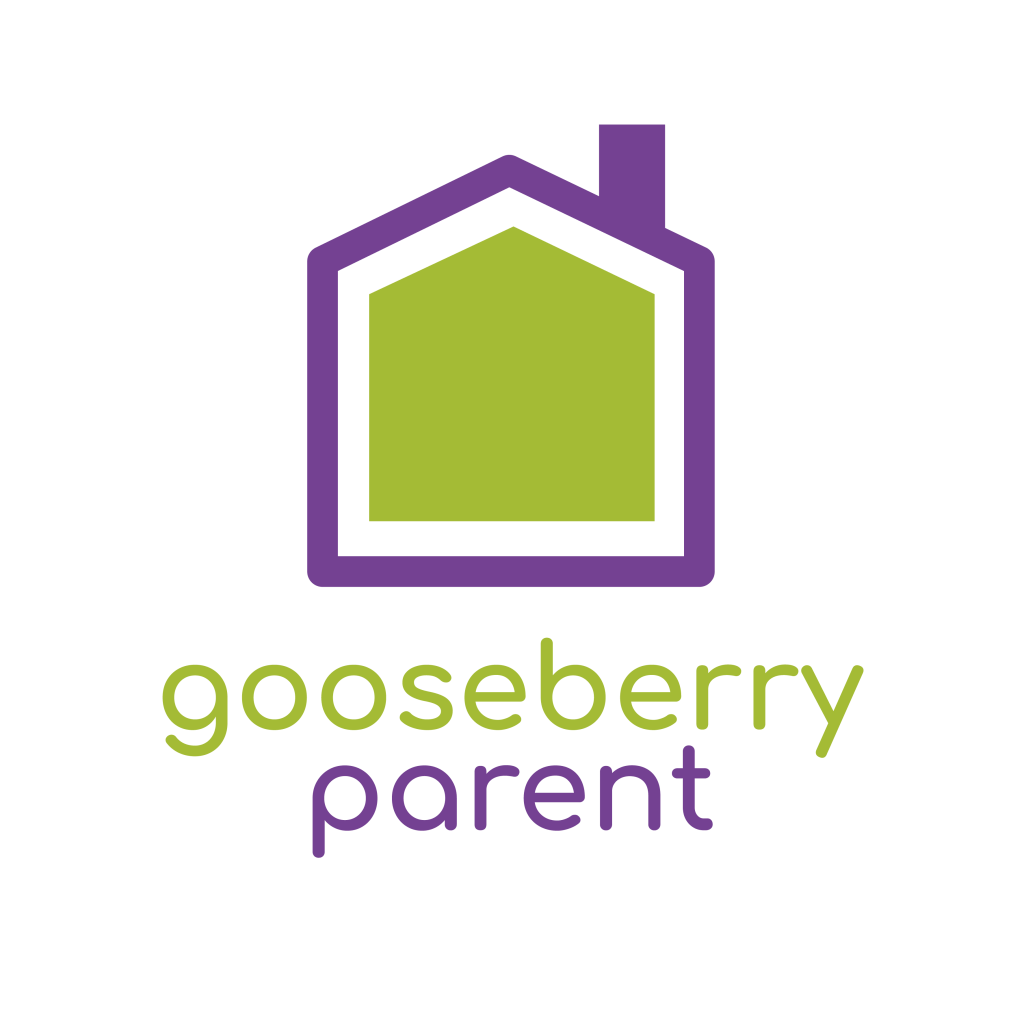Feel free to share your Gooseberry Alert content with students, staff and parents. All that we ask in return (in the spirit of modelling positive digital citizenship) is that you acknowledge Gooseberry Planet Limited as the source of your information.
ALERT: The theme for Safer Internet Day, on 9 February 2021 is “An internet we trust: exploring reliability in the online world”
Gooseberry Student

Can you believe everything you see or read online?
Think about who is able to create online content. (almost anyone)
Why do they create it? (eg. to inform, to persuade, to mislead, for fun, to gain followers or “likes”, to advertise, to make money)
What might make you question its truth? (sensational, emotional, anonymous, lacking evidence, one-sided)
How can you be sure that it is true or reliable? (think about the different resources you could use to check, such as libraries, online searches and how reliable they might be – gov.uk, NHS or BBC Newsround compared with say, social media).
Activity: What is the difference between these sentences? Greta Thunberg is an environmental activist who was the youngest Time Person of the Year in 2019. Greta Thunberg is the most inspirational young person who has ever lived. (Fact v. opinion.) Can you think of other examples?
Gooseberry Teacher

The topic of the reliability of online information covers a wide range of issues. We have produced a video as part of our Gooseberry Guru resources this month looking particularly at disinformation and social media. We have decided to make it available publicly and to all Gooseberry Schools for Safer Internet Day. Why not use it for your own background information about this topic or to share with colleagues, parents or older children in your school. Click here to view.
Our latest blog looks at some of the issues with a focus on Covid-19 misinformation. You might also be interested in Ofcom’s report on false information online, referred to in this week’s newsletter.
Gooseberry Parent

The internet is a fantastic resource for facts, ideas, advice and opinions and it brings huge benefits to children and adults alike. Sadly, it also provides a means to spread false information widely and quickly. For many of us, it is not always easy to know what is true and what is not. The pandemic has highlighted some of the challenges of regulating online content and the potential harm to both individuals and society that can be caused by disinformation or fake news in relation to 5G or vaccines.
It is important that children know that not everything they see or read online is true or reliable and that they develop a questioning mindset. You can help by talking about how you respond to headline grabbing stories or doubtful claims and the online sites that you trust to give reliable information. Eg. gov.uk, NHS or BBC Newsround for children.
Other Resources
For Gooseberry Schools, you will find lesson plans that address some of the issues relating to fake online information and accompanying parent advice sheets in:
Playground: Sc 4 Fake Profiles, Sc 10 Searching
Street: Sc 10 Phishing
Village: Sc 2 Click jacking
Town: Sc 4 Extreme Promises, Sc 8 Click jacking, Sc 9 Fake Profiles, Sc 10 Pop Up Messages
City: Sc 9 Keeping Healthy Online, Sc 11 Extreme Views
Gooseberry Planet offers over 60 comprehensive lesson plans on all aspects of online safety for 5-13-year olds. Digital workbooks and fun, online games to reinforce learning make it ideal for teaching remotely. Click here to find out more about Gooseberry Planet!
